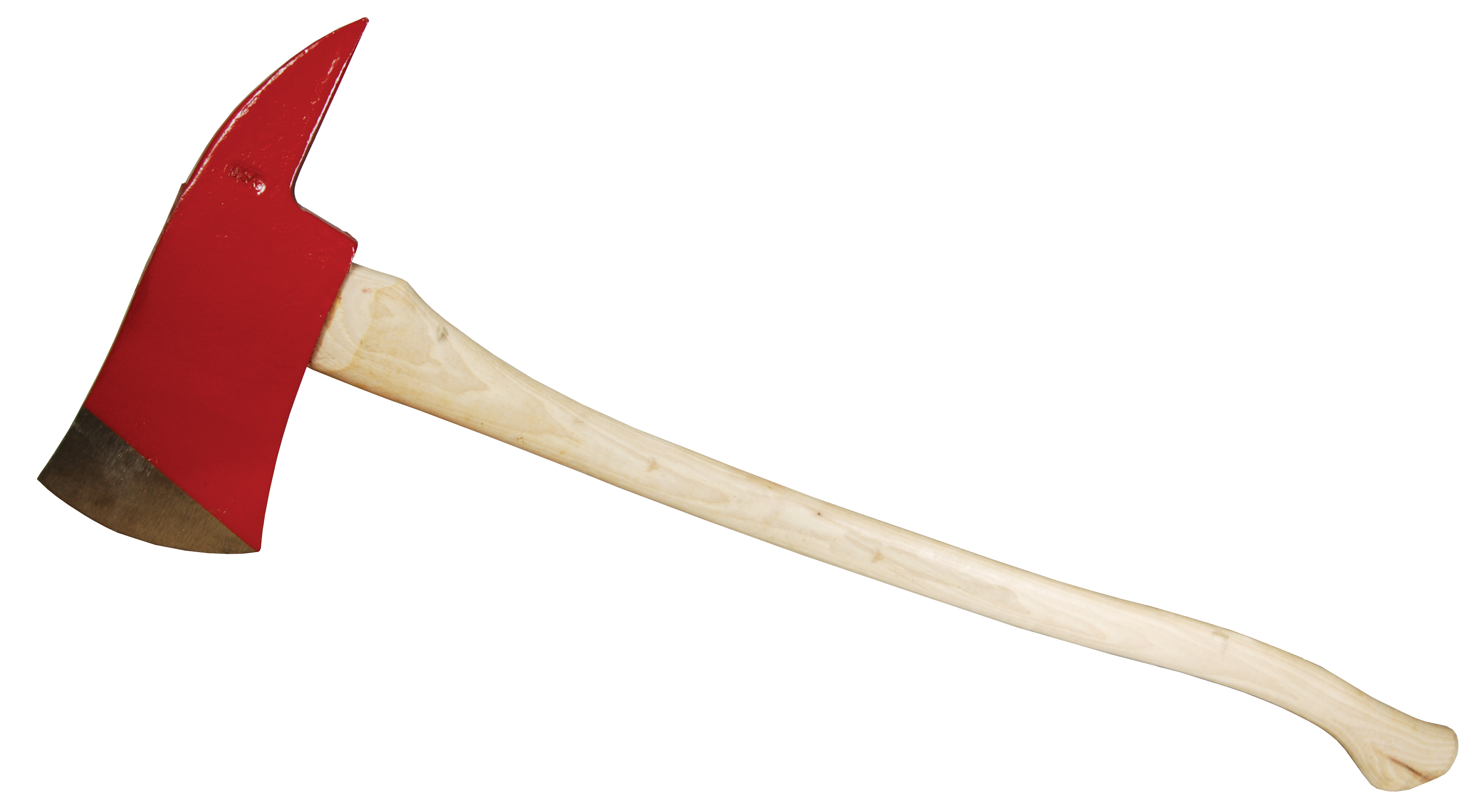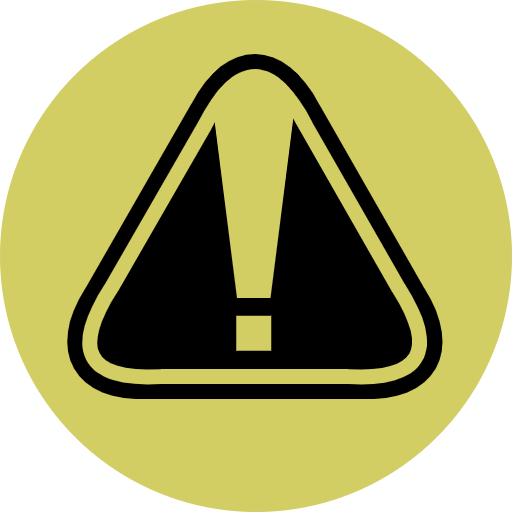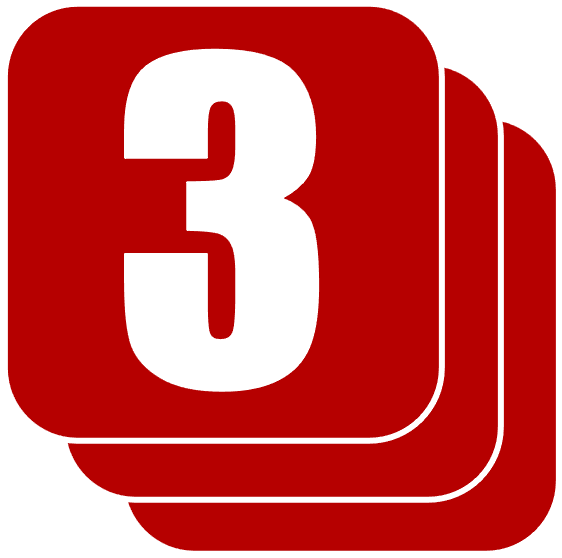


| Durability | High |
| Specialty | Axe (One-Handed; Two-Handed) |
Axes are a class of medium melee weapon. It consists of a heavy, sharpened wedge-shaped blade with a long handle. In addition to their use as weapons, axes are also useful for breaking through barriers.
| Material | Damage Die (one-handed) | Damage Die (two-handed) | Durability | Weight | Repair / Refinement Difficulty | Value |
|---|---|---|---|---|---|---|
| Rusty Iron Axe |
One-Handed: d8-1 Two-Handed: d12-1 |
6 | 4 | 6 | 2,000 CR | |
| Rusty Steel Axe |
One-Handed: d8-1 Two-Handed: d12-1 |
10 | 3 | 8 | 3,200 CR | |
| Iron Axe |
One-Handed: d8 Two-Handed: d12 |
10 | 4 | 10 | 6,800 CR | |
| Steel Fireman's Axe |
One-Handed: d8 Two-Handed: d12 |
14 | 3 | 15 | 8,000 CR | |
| Stainless Steel Axe |
One-Handed: d8 Two-Handed: d12 |
16 | 3 | 17 | 12,000 CR | |
| Carbon Steel Axe |
One-Handed: d8+1 Two-Handed: d12+1 |
10 | 2 | 18 | 16,000 CR (Uncommon) | |
| Nocturnum Axe |
One-Handed: d8+4 Two-Handed: d12+4 |
20 | 8 | 40 | 480,000 CR (Extremely Rare) |
*A successful hit always deals a minimum of 1 damage, even if negative modifiers would reduce the damage roll result to 0 or less.


You attack your target with a forceful swinging motion, aiming for the largest impact and inflicting Bludgeoning damage. Use a hatchet, mace, war axe, or improvised bludgeoning light weapon.
Make a Bludgeon (One-Handed) check against the target's Passive Agility, or against the outcome of a Dodge or Block check if the target reacts.
| Success: | The target takes Bludgeoning damage equal to your weapon's damage rating. |
| Critical Success: | Critical Hit. The target takes twice the usual amount of damage. A critical hit on a bludgeoning attack might stagger the target. |
| Failure: | You miss. |
| Critical Failure: | The GM decides the effects. You might injure yourself or an ally, drop your weapon, or hit a solid surface and damage it. |


You attack your target with a forceful swinging motion, aiming for the largest impact and inflicting Bludgeoning damage. Use a war axe, warhammer, staff, battleaxe, or improvised bludgeoning heavy weapon.
Make a Bludgeon (Two-Handed) check against the target's Passive Agility, or against the outcome of a Dodge or Block check if the target reacts.
| Success: | The target takes Bludgeoning damage equal to your weapon's normal damage rating. |
| Critical Success: | Critical Hit. The target takes twice the usual amount of damage. A critical hit on a bludgeoning attack might stagger the target. |
| Failure: | You miss. |


You attempt to block an incoming attack using an object as a shield. Make a Block (Defense) check against the assailant's Attack roll.
Your Passive Agility contests attack rolls normally. When you block, the outcome of the check replaces that value, regardless of which is higher.
Using a melee weapon to block is called a Parry. When parrying, add your One-Handed or Two-Handed skill modifier to this check, plus the Parry specialty if applicable. Any object that doesn't have a shield rating, including melee weapons, always takes a Durability check on a successful block.
Make a Durability check against your weapon whenever you parry. On a critical failure, the weapon breaks.
| Success: | The attack hits your shield. The attacker determines how much damage is dealt to the shield; if the attack causes the shield to break, you are staggered for one frame. |
| Critical Success: | The attack hits your shield but doesn't damage it, and becomes a critical failure. |
| Failure: | The attack hits you normally. |
| Critical Failure: | The attack becomes a critical hit. |



You attempt to forcefully open a locked or barricaded door or container. The difficulty of your Force Open (Strength) check is set by the GM based on the targeted object.
Make a Two-Handed skill check instead of Strength when using the Axe to force open.
Assistance: Helpers make a Force Open (Strength) check.
| Success: | The passage is forced open. |
| Failure: | The passage does not open, but seems to have taken damage. You may attempt to force it again with a +3 bonus. |
| Critical Failure: | The door doesn't budge. You take Bludgeoning damage equal to 1d6 plus your Size modifier. |


You attempt to start a fire using the tools at your disposal. Choose an area containing wood or some other fuel to start a fire in. Make a Dexterity check of difficulty 20.
If you have a stone to strike against the axe head, you gain a +5 item bonus.
| Success: | You successfully start a small fire that will grow in the presence of sufficient fuel. |
| Failure: | Your fire merely smolders and smokes. You may try again. |
| Critical Failure: | You damage your tools. Make a Durability check against them if applicable. |